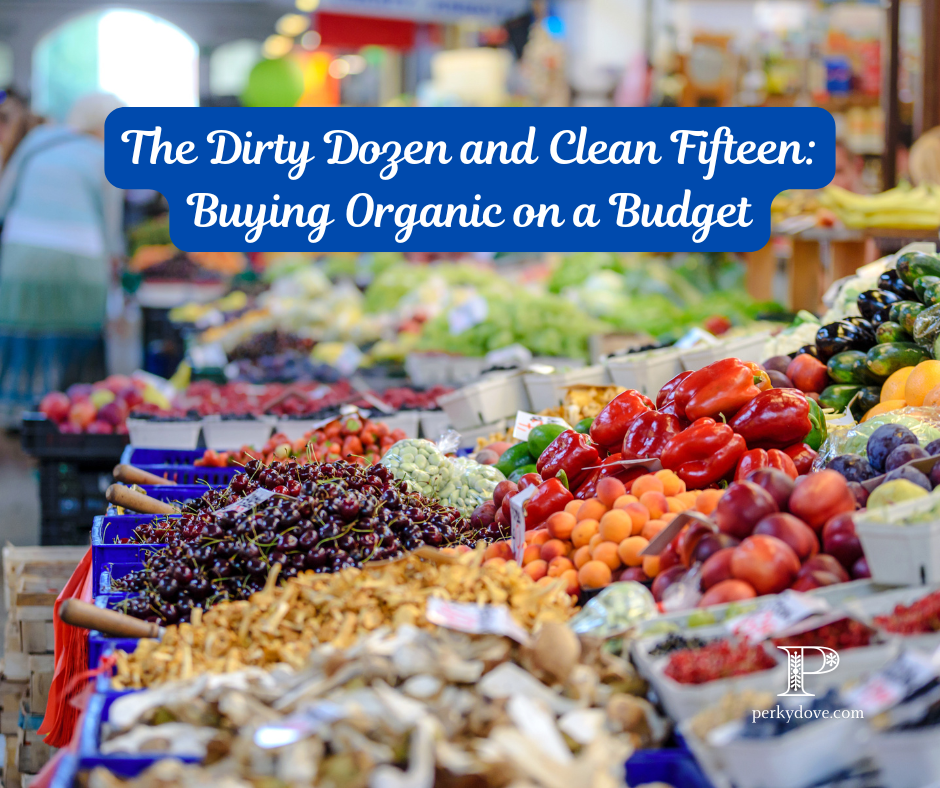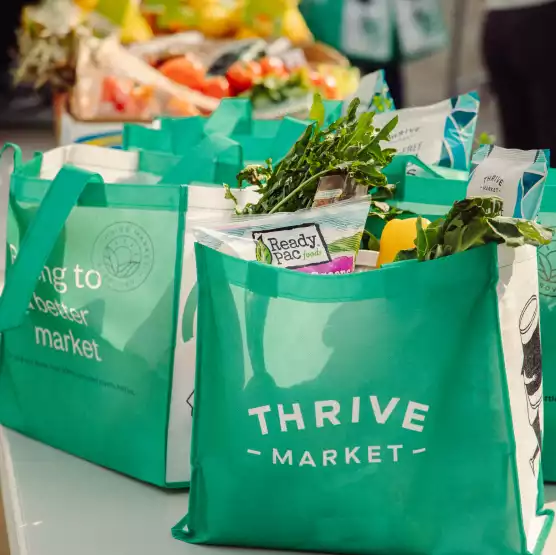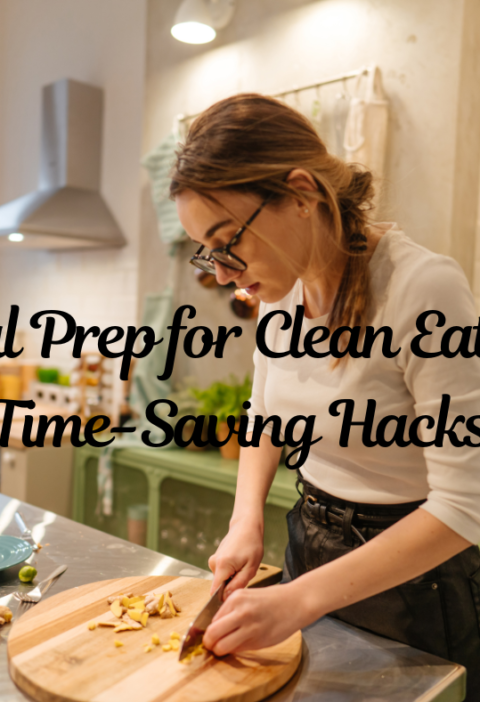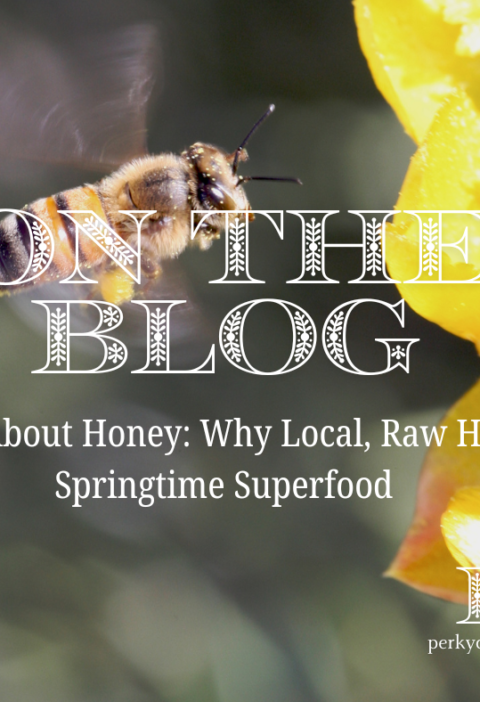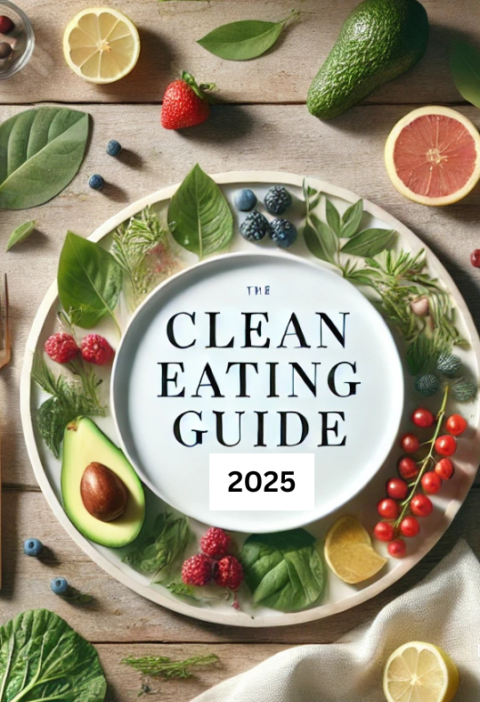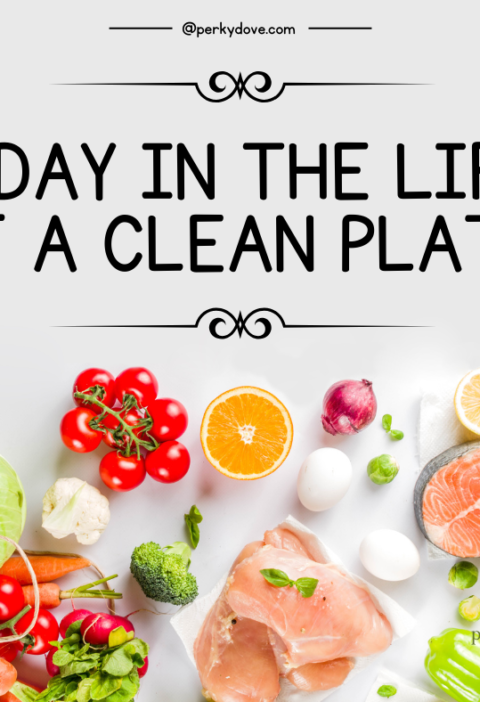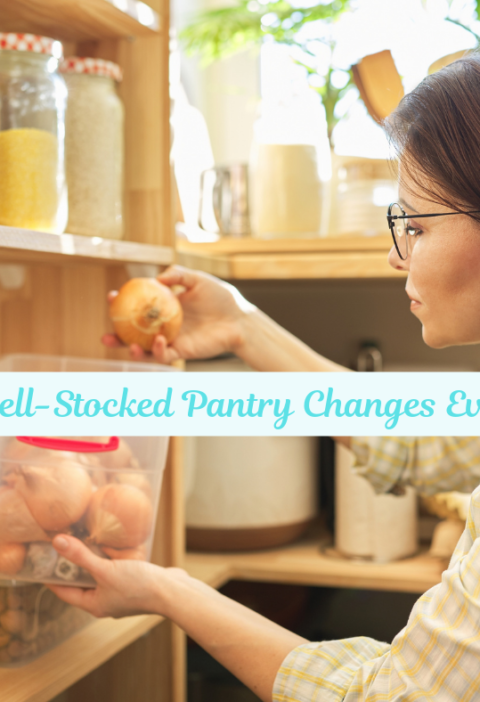We use affiliate links. If you purchase something using one of these links, we may receive compensation or commission.
Eating clean doesn’t mean you have to buy everything organic. In fact, knowing where to prioritize your spending can help you save money while still making healthier choices. The Dirty Dozen and Clean Fifteen lists are great tools to guide your grocery shopping. Let’s break them down and explore how you can shop smarter.
What Are the Dirty Dozen and Clean Fifteen?
These lists, published annually by the Environmental Working Group (EWG), highlight which fruits and vegetables contain the most and least pesticide residues. They’re designed to help consumers decide when it’s worth spending extra on organic produce.
- Dirty Dozen: Produce with the highest pesticide levels. Buying these organic is ideal when possible.
- Clean Fifteen: Produce with the lowest pesticide levels, making them safer to buy conventionally.
$60 in FREE groceries when you join Thrive M
The 2024 Dirty Dozen
Here’s the current Dirty Dozen list—these are the fruits and vegetables to prioritize buying organic:
- Strawberries
- Spinach
- Kale, collard, and mustard greens
- Peaches
- Pears
- Nectarines
- Apples
- Grapes
- Bell and hot peppers
- Cherries
- Blueberries
- Green beans
Build Your Own Box
The 2024 Clean Fifteen
The Clean Fifteen includes produce with the least pesticide residues, so you can feel confident buying these conventionally:
- Avocados
- Sweet corn
- Pineapple
- Onions
- Papaya
- Sweet peas (frozen)
- Asparagus
- Honeydew melon
- Kiwi
- Cabbage
- Mushrooms
- Mangoes
- Sweet potatoes
- Watermelon
- Carrots
Tips for Buying Organic on a Budget
-
Shop Seasonally
Produce in season is often cheaper and fresher. For example, buy organic apples in the fall and strawberries in the summer. -
Buy in Bulk
Organic items like grains, beans, and frozen fruits are often more affordable when purchased in bulk. -
Choose Store Brands
Many grocery stores now offer their own organic lines at a lower price than name-brand options. -
Visit Local Farmers’ Markets
Many local growers use organic practices even if they’re not certified organic, so you can find fresh produce at a lower cost. -
Grow Your Own
If you have space, growing some Dirty Dozen items like tomatoes, peppers, or leafy greens can save you money and ensure you’re eating pesticide-free.
$60 in FREE groceries when you join Thrive Market
Quick Shopping Tip
When buying conventional produce from the Dirty Dozen list, be sure to wash it thoroughly. Soaking fruits and veggies in a mixture of water and vinegar can help remove surface residues.
Final Thoughts
The Dirty Dozen and Clean Fifteen lists are invaluable tools for clean eaters on a budget. By prioritizing where to spend on organic, you can enjoy healthier meals without overspending.
